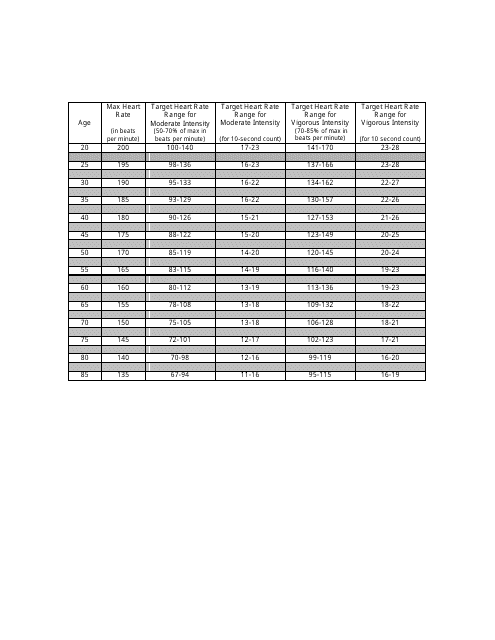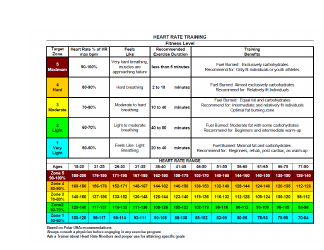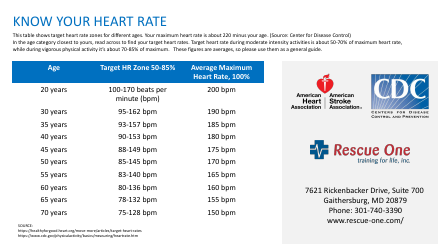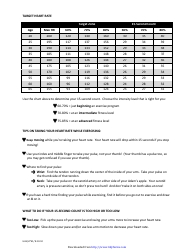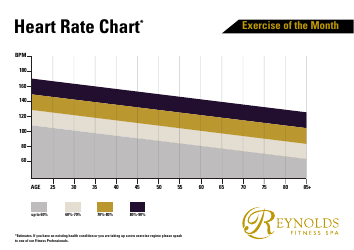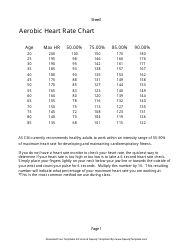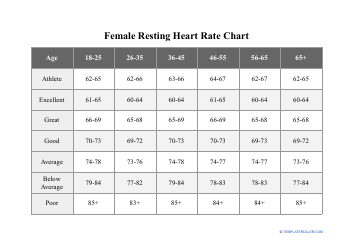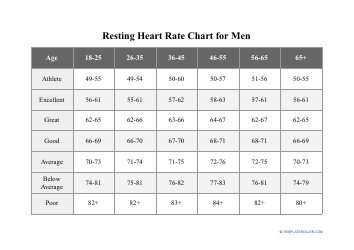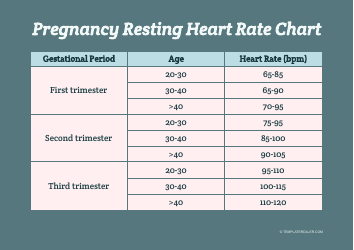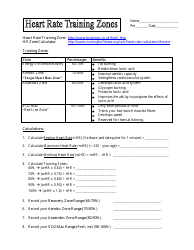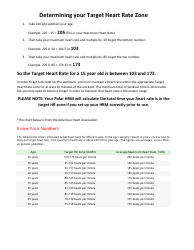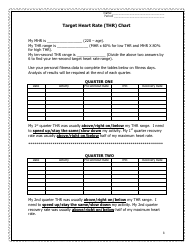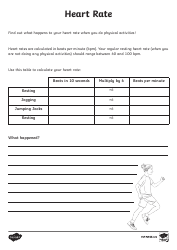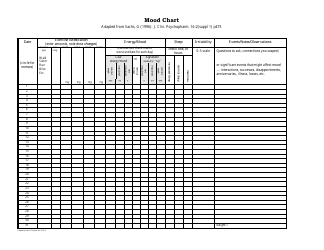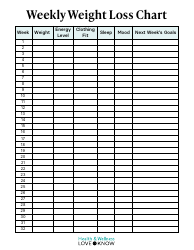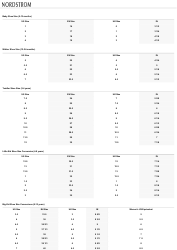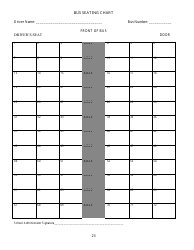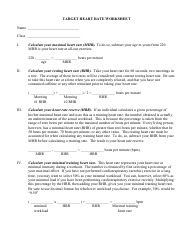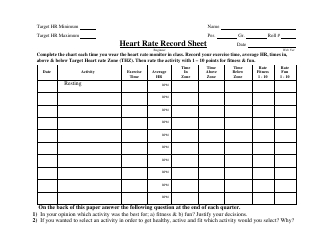Heart Rate Chart - Big Table
The Heart Rate Chart - Big Table is used to track and monitor your heart rate over time. It helps you understand your heart's activity and can be useful for identifying any irregularities or patterns.
FAQ
Q: What is a heart rate chart?
A: A heart rate chart displays the different heart rates based on the intensity of physical activity.
Q: How can I use a heart rate chart?
A: You can use a heart rate chart to determine your target heart rate zone during exercise.
Q: What is a target heart rate zone?
A: The target heart rate zone is the range of heart rates you should aim to achieve during exercise for maximum benefits.
Q: Why is it important to know your heart rate zone?
A: Knowing your heart rate zone helps ensure that you are exercising at the right intensity level for your fitness goals.
Q: How do I calculate my target heart rate zone?
A: You can calculate your target heart rate zone by subtracting your age from 220 and multiplying it by a percentage, typically between 50% and 85%.
Q: What are the different heart rate zones?
A: The different heart rate zones typically include resting heart rate, moderate intensity, vigorous intensity, and maximum heart rate.
Q: What is resting heart rate?
A: Resting heart rate is the number of times your heart beats per minute while at rest.
Q: What is moderate intensity heart rate?
A: Moderate intensity heart rate is the heart rate you should aim for during light to moderate activities, such as brisk walking.
Q: What is vigorous intensity heart rate?
A: Vigorous intensity heart rate is the heart rate you should aim for during more intense activities, such as running or cycling.
Q: What is maximum heart rate?
A: Maximum heart rate is the highest heart rate you can achieve during exercise, typically based on your age.
Q: Can a heart rate chart be used for everyone?
A: A heart rate chart can be used as a general guide, but it is always recommended to consult with a healthcare professional for personalized advice.
Q: Are there any risks associated with monitoring heart rate during exercise?
A: Monitoring heart rate during exercise is generally safe, but if you experience any unusual symptoms or have a pre-existing heart condition, it is important to seek medical guidance.
